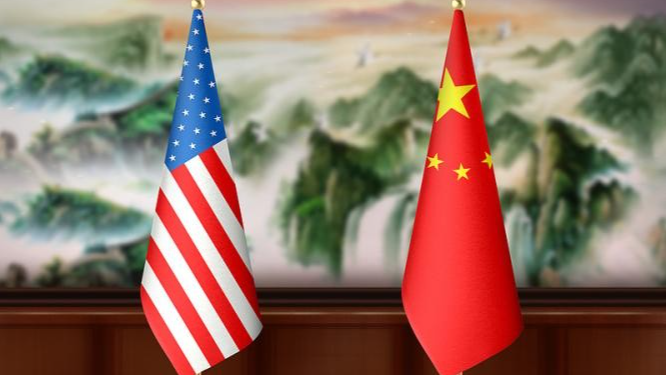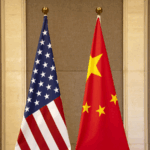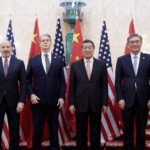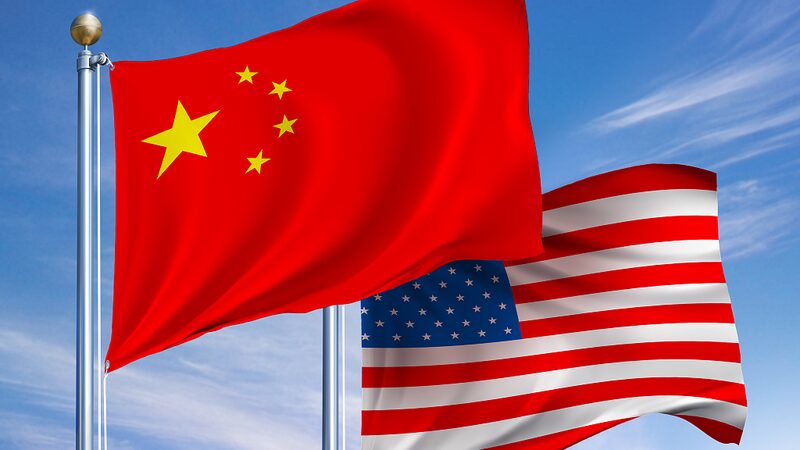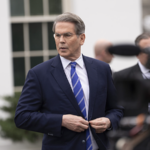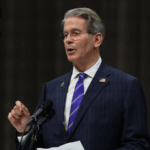High-level trade discussions between the Chinese mainland and the United States are set to begin in Sweden this week, with both sides seeking to prevent further disruptions to the global economy. The talks, led by U.S. Treasury Secretary Scott Bessent and Chinese Vice Premier He Lifeng, come amid persistent tensions over trade policies and geopolitical priorities.
Analysts suggest the meetings may serve as a stabilizing force, though expectations for a comprehensive agreement remain low. A key sticking point involves U.S. demands for China to reduce trade with Russia – a proposition Beijing firmly rejects as an infringement on its sovereign rights. "China\'s economic partnerships are determined by national interests and mutual benefit," noted a Beijing-based trade expert speaking anonymously.
The U.S. delegation has emphasized expanding access to China\'s consumer market, with Secretary Bessent recently highlighting its growth potential. However, China\'s dual role as both manufacturing powerhouse and developing consumer economy complicates this vision. Recent data shows domestic consumption now accounts for over 60% of China\'s GDP growth, even as exports remain robust.
Historical parallels to mid-20th century U.S. industrial dominance appear increasingly unrealistic, experts argue. "Global supply chains have fundamentally transformed," said Dr. Li Wei of the Shanghai Institute of International Studies. "Attempts to reverse this through protectionist measures risk destabilizing the very markets both nations seek to protect."
As the talks commence, business leaders and policymakers worldwide await signals that could shape recovery efforts in an increasingly interconnected yet fractious global economy.
Reference(s):
China-U.S. meet on trade to avoid further disarray in global economy
cgtn.com
